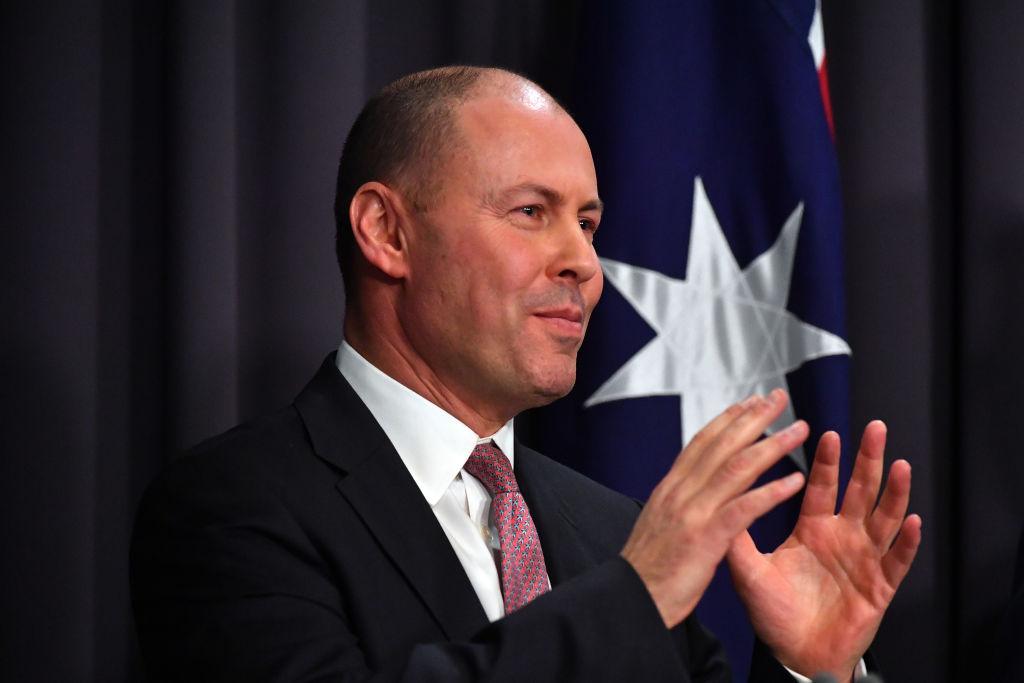Australian Treasurer Josh Frydenberg has pledged measures to ease Australia’s rising cost-of-living in Tuesday’s federal budget that don’t add unnecessary upward pressures on inflation and interest rates to be set by the Reserve Bank.
Frydenberg indicated that the government’s targeted measures will be “temporary and proportionate,” as has been the government’s “fiscal stimulus” during the worst of the pandemic through its Low and Middle Income Offset—a tax break worth $1,080 (US$811.73) paid to about 10 million workers as they made their tax return. He did not say whether the budget will extend that temporary tax break.




